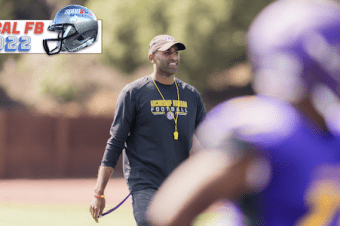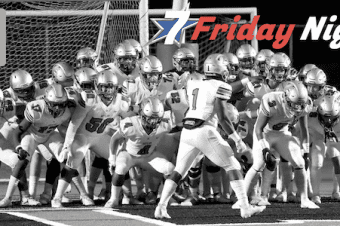

Get Mental: The Mental Side of the Game
BlogLEVELUP INSIDERS November 18, 2016 Erika Westhoff 0

There Has Never Been More Evidence That Mental Fitness Can Sharpen The Performance Of All Athletes
The mental side of the game seems to be getting more attention than ever.
Olympic athletes, NFL teams and Major League Baseball have all strongly embraced sport psychology professionals as core members of their athlete development staffs.
Coaches, managers, strength and conditioning coaches are learning that when mental performance improves, athletes are more prepared and more coachable. I often tell the coaches of the athletes I work with, “If I’m doing my job, your job should get easier.”
There are many reasons why athletes, clubs, coaches and parents seek out mental training services.
1. Lack of confidence — Inevitably, athletes go through tough developmental phases, for a variety of reasons. Common ones can be attributed to adolescent brain development. Athletes experience a sudden drop in confidence and tend to over think, and often feel overwhelmed by pressure.
2. Excessive nerves — In today’s pressure-filled youth sport culture, athletes feel tremendous pressure to get it right. As valuable as this can be, there’s a very fine line between p pushing to get it right, and fearing failure. Fear of failure is caring more about not making a mistake, than being willing to take a risk and try to make something great happen.
3. Seeking a competitive edge — More and more athletes, coaches, teams and organizations are adding mental training to their training proactively to avoid some of the pitfalls associated with weak mental performance, such as being focused and an inability to let go of mistakes.
4. Recovering from injury — Overuse injuries are happening in epidemic numbers in youth sports. Ask any athlete who has suffered an ACL tear or severe concussion and they will tell you that recovering and returning to your sport with confidence is both a physical and mental process.
Myths about The Mental Side of the Game:
Despite all the growing attention on mental development on the sports field, there are still myths that persist about doing the work.
Myth: Mental training is for “athletes with mental problems.”
Truth: While there are clinical services specifically for athletes with mental health problems, the vast majority of athlete and team needs fall under non-clinical mental training services. The focus here is skill development to learn how to manage and leverage your mental performance.
Myth: Mental training is for “weak” athletes.
Truth: Mental training IS for athletes who seek to gain every advantage. Because our mental performance controls our ability to access our physical, technical and tactical performance, mental training is an excellent investment.
Myth: I/We don’t have time for metal training.
Truth: Like all training, mental training does take time, effort and a strong commitment. However, since it has the potential to positively impact every other aspect of your training, mental training is an excellent use of time, energy and money.
What does being mentally fit “look like?”
Mentally fit is calm.
Even for sports or positions that require very high intensity (offensive lineman), the mentally fit still have a calm mind.
Mentally fit is confident.
Whether it’s a good day out or a tough day, confidence remains. Lessons are learned quickly and mistakes are deleted from memory.
Mentally fit is care-free.
The athlete is able to let of worry, comparisons and stay present and focused.
Mentally fit is motivated.
Athletes who value mental fitness are driven to explore every method to develop themselves.
Mentally fit is focused.
Being able to control your field (court, course) vision and make quick, correct decisions come from well-developed focus skills.
It’s time for you to reap all the great benefits that the pros do.
With the help of technology, mental skills are well within reach for most athletes.










No comments so far.
Be first to leave comment below.